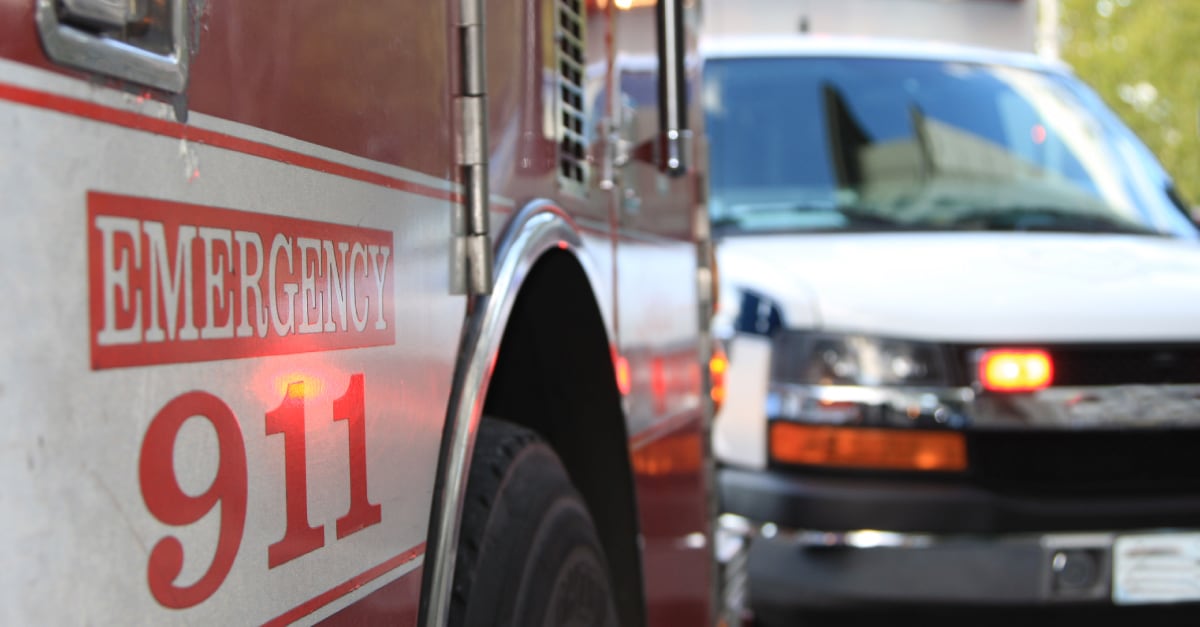How many people do you think are actually abusing SSRIs or St. John's Wort? Is this even remotely comparable to the number of people abusing benzos? Do you think the combination of SSRIs or St. John's Wort with an MAOI is as dangerous as a benzo + an opiate/alcohol/other significant CNS/respiratory depressant? You also typically need a lot fewer pills with benzos to do real damage than antidepressants. They just have a lot higher risk potential, and all the data supports that.
Even with the poor definitions, abuse/dependence potential + accessibility + much narrower therapeutic index when taken with other substances warrants that it be scheduled at some level, imo.
In terms of potential lethality, I assume that 30 days of:
1. full dose tranylcypromine + one of (A. Prozac 80 mg, B. clomipramine 200 mg C. Elavil 150 mg D. Cymbalta 60 mg) is probably more fatal than 30 days of:
2. 80 MME + Ativan 6 mg / day in divided doses. If you have evidence that this statement is inaccurate, please share it. I would never, ever recommend someone take either 1 or 2, but I have a suspicion that 1 would be more fatal. I also don't imagine anyone would really tolerate 1 enough to take it for a month. I have to admit though, I've never seen 1 but I've seen 2 too many times to count. The only people I knew taking 2 who died were in hospice or died from an overdose of IV street opioids.
A far greater a proportion of people abuse prescribed benzodiazepines than SSRIs or St John's Wort. I never implied a greater ratio of antidepressant prescriptions are abused than not. I think benzodiazepines make plenty of sense to be schedule IV. I also never implied otherwise. Considering all causes of death, more people probably die taking SSRIs in the past several weeks than benzodiazepines in the past several weeks, but that's because of the huge difference in prescription of the two classes. I do think St John's Wort should probably be made prescription-only.
Fewer pills of TCAs cause lethality than benzodiazepines, generally. Just 7 of the Doxepin 150 mg tabs could be fatal to a drug-naive person. It would take a lot more than 7 of the 2 mg Xanax bars to be fatal in isolation to a drug-naive person. I don't think TCAs should be schedule IV. I do think benzodiazepine should be.
Dextromethorphan is highly abused. I don't think it needs to even stop being OTC, even though I counsel almost all of my patients to avoid it. There's no great evidence that it works well for cough suppression. I guess the people who got the DXM/Bupropion combo pill must have found some evidence that it works for at least one condition, but really only when coprescribe with another antidepressant that also makes the DXM last longer than NyQuil.
Seroquel is highly abused. I usually don't prescribe it. Lots of health systems (correctional, mostly) outright don't allow it. I don't think it needs to be scheduled.
Cannabis is highly abused. I'm not sure it even needs to be schedule I, II, IV, or even a prescription medication.
Ketamine is highly abused and has some good medical uses. I think it it scheduled appropriately. I also wouldn't really recommend people take it with an opioid or a benzodiazepine without an anesthesiologist nearby. Actually, I wouldn't recommend anyone take ketamine at all without an anesthesiologist nearby.
Gabapentin / pregabalin are very often abused. Im not entirely of the opinion they should be schedule IV. They do increase the risk of fatal overdose with opioids. I imagine slightly less than benzodiazepines, but I honestly don't know. I don't prescribe them often, though I do see them being used as benzodiazepine alternatives, which doesn't make much sense to me. I do agree with their prescriptions being present in prescription drug monitoring databases.
Flexeril is reported where I live. I think that's a little silly. I can see why they report it, but imo it's not worth the waste of time / effort. It feels to me like reporting Benadryl or Seroquel or Elavil prescriptions.
All I was saying is that benzodiazepine tests are far more sensitive over an extended time period than other medications that can also contribute to fatal overdose. The fact that a medication CAN be abused, to me, doesn't really say enough about it's risk and need to be scheduled.
Thinking that 6 mg / day of Ativan is as dangerous as 80 mg a day of morphine is rather silly. I've had residents freak out that someone has a single pill of Ativan 0.5 mg in an inpatient setting thinking that it will both be potentially fatal and make them addicted. I certainly wouldn't recommend anyone take them both at once, and I really wouldn't recommend most people take either in isolation at the 6/80 doses. If the two could theoretically treat the same condition with equal benefit, I would rather people take the Ativan. If there were a non- IV or II option that could help just as much, I would most likely recommend that.
But since Tylenol is OTC and is probably the highest risk of any of the drugs in this post, maybe the scheduling system doesn't really care about the risk of fatal overdose? No matter what medications you prescribe someone, if they want to kill themselves via overdose, they'll be most successful if they buy a bottle of Tylenol and take it all. Despite all the medications I prescribe, the only medications that my patients have ended up in emergency rooms for intentional overdose with are Tylenol and Benadryl (that I know of).


